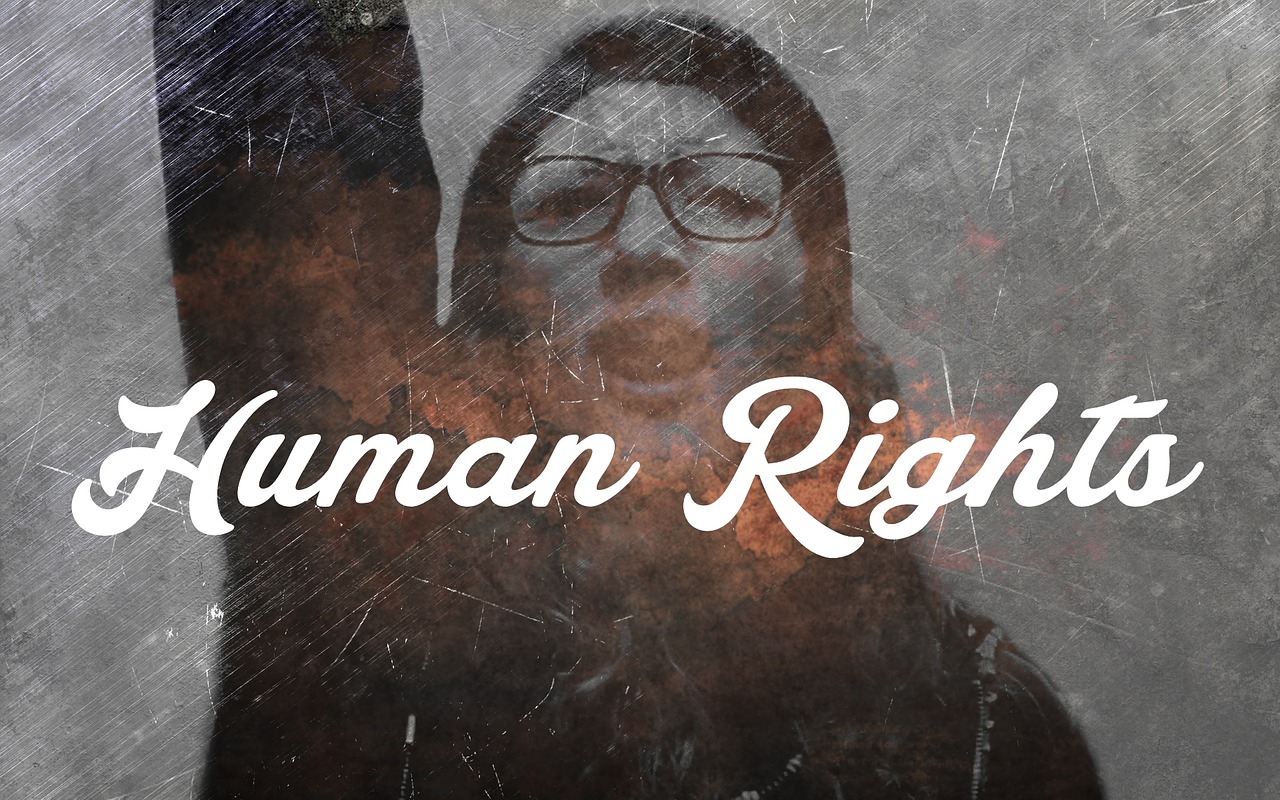By Sarah María Meléndez Bonilla - International Relations student
Through the time, the Capital Punishment has been a topic for discussion around the world, between whether or not this practice is justifiable; and it is more than clear that finding a solution to this debate is not easy. The world is divided between the ones that support capital punishment such as China, the U.S., Iraq, Saudi Arabia, Egypt and many others (BBC News, 2018), and the ones that have abolished it, in this case around 106 countries around the world by 2019 (Berlin, n.d.). Capital Punishment is not something new, around history many civilizations have been practicing this action. However, not because something is common means that is good; the Capital Punishment is a brutal practice that is against humanity, and it’s really surprising that in the 21st century this topic is still in debate.
As it was mentioned before, Capital Punishment is a horrible practice, for that reason this one must not be justifiable in any case, because in essence is against human rights. When we talk about capital punishment, we are talking about taking away the thirty rights that this person has just because he or she is a human. For instance, this action is against what is stipulated in the articles of the Universal Declaration of Human Rights, and it violates not just one right, but all of them.
In order to get deep into the Human Rights violations, three articles of the document will be analyzed regarding capital punishment to justify why these actions are violating human rights. In first place, article 3 of the declaration states: “Everyone has the right to life, liberty and security of person” (UN,1948). Automatically capital punishment is violating this article, the right to life, the most meaningful right. Probably most of the people can think that because this person (the one that committed the crime) took away another person's rights as well, he deserve death. But is it right to do justice to one death by another death? Is it not the same thing? Killing one person because he killed another one in the past?
In second place, article 2 of the declaration says: “Everyone is entitled to all the rights and freedoms set forth in this Declaration, without distinction of any kind” (UN, 1948). Allowing capital punishment is like allowing distinctions between the humans that have committed a crime and the ones who haven’t done anything. This do not justify the actions of the criminal, but regarding human rights, no matter if you are the biggest criminal in the world, your condition of human will not change, your rights must be respected too.
Finally, article 5 of the declaration states: “No one shall be subjected to torture or to cruel, inhuman or degrading treatment or punishment” (UN, 1948). Been executed in front of many people, is it not torture? Is it not an inhuman or degrading treatment? No matter if this person deserve it or not, it’s a total and completely brutal action.
In conclusion, death penalty or capital punishment is not justifiable in any case, since it is an infringement of people's human rights, rights that they obtain simply by being human beings. If we allow and justify this type of actions we are losing our humanity, and it is kind of double moral to agree with death penalty and at the same time being an advocate of Human rights, because we cannot protect the rights of some people by violating the rights of other; we fall into the same infinite circle.
It is important to always remember that we are humans, imperfect, but humans, and that, obviously, we have to pay a price for our actions, but this one must be in a human way, respecting each other’s rights. Also, it’s important to remember one of Mahatma Gandhi's famous quotes: “An eye for an eye will only make the whole world blind”.
MOXIE es el Canal de ULACIT (www.ulacit.ac.cr), producido por y para los estudiantes universitarios, en alianza con el medio periodístico independiente Delfino.cr, con el propósito de brindarles un espacio para generar y difundir sus ideas. Se llama Moxie - que en inglés urbano significa tener la capacidad de enfrentar las dificultades con inteligencia, audacia y valentía - en honor a nuestros alumnos, cuyo “moxie” los caracteriza.
References:
-
BBC News. (2018). Death penalty: How many countries still have it? Retrieved from https://www.bbc.com/news/world-45835584
-
Berlin, E. (n.d.). Death Penalty. Retrieved from https://www.amnesty.org/en/what-we-do/death-penalty/
-
United Nations. (1948). Universal Declaration of Human Rights. Retrieved from https://www.un.org/en/universal-declaration-human-rights/
